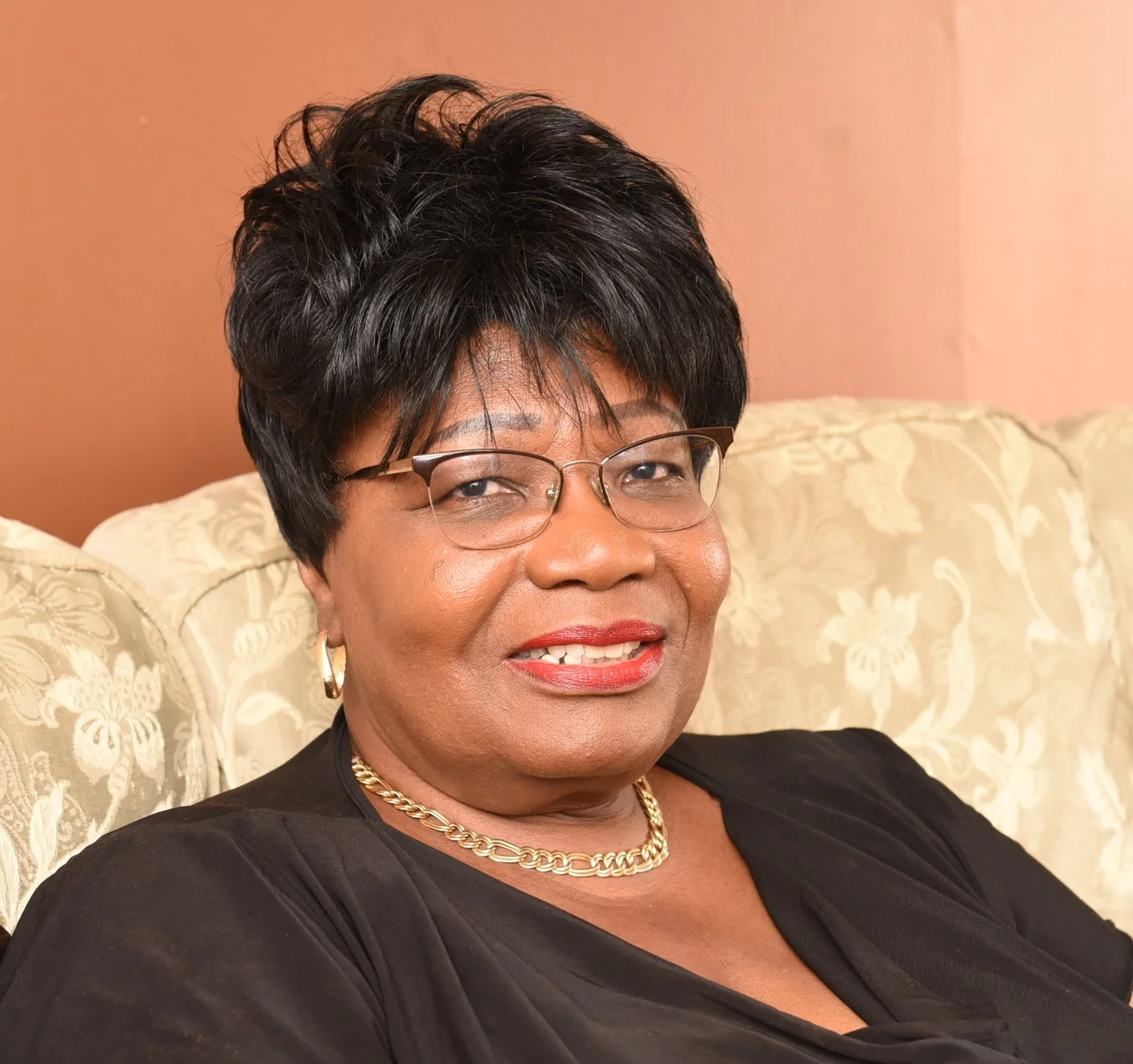York University graduate creates community plan for suburban biking
March 29, 2018
Trying to commute from York University to the nearby Black Creek area was a challenge for Darnel Harris.
He’s not alone.
While doing his Master’s in Environmental Studies, Harris found that it would take about 40 minutes on a Toronto Transit Commission (TTC) bus to get from the centre of the university campus to Black Creek Farm or the Jane & Finch Mall.
Covering the same distance by bike took about 13 minutes.
“And that was without a sweat,” the 2015 graduate said. “It was clear to me that there were some mobility issues. I would hear from the community all the time that they would love to be connected to York University. They are really not far away, but in a sense they are.”
As part of his thesis, Harris created a community action plan for practical suburban biking that led to Toronto City Council approving a community bike centre near York University.
“The question is what the community needs are and what is going to make it a socially acceptable activity,” he said. “People are looking for ways to have practicable mobility options. Two wheel bikes have little use in the suburbs because, inevitably, you always have things to carry. There are solutions to that which have not been promoted.”
An alternative is the versatile cargo bikes that are human-powered vehicles designed and constructed specifically for transporting goods.
Last October, UPS announced that it is launching a pilot project using cargo bikes for package deliveries. The company has chosen York University and the surrounding neighbourhood as a testing area mainly because of its proximity to the corporation’s main distribution hub at Jane St. & Steeles Ave. W.
“In essence, what you have is a three-wheel mode of transportation,” Harris said. “With this form of transportation, you can go between Jane & Finch to Kipling & Finch in about 20 minutes with nearly half a ton of goods. That trip would take a person driving a vehicle approximately 30 minutes in rush hour. This will solve the goods and people movement challenge that affects people living in suburban vertical housing, it will lower the cost of business in that part of the city and it will cut down on traffic by keeping some people out of cars. What we are talking about here is the appropriate tool for the appropriate trip. Those people with vehicles can still use them if they wish.”
His proposal to run a $250,000 pilot to use cargo bikes to deliver goods and transport people advanced to the Top 13 in this year’s Ontario Budget Talks Public Call for Ideas.
“Businesses using cargo cruisers will benefit from a reduction in fixed costs usually involved in receiving and delivering goods,” said Harris. “It may also lead to the adoption of new business models or services provided by some business owners. Businesses that must rely on cars and trucks will see why supporting goods delivery by cargo cruiser will reduce the congestion which increases their costs of doing business. Lastly, colleges and universities will learn what programs and research they need to focus on to support the industry’s potential in Ontario.”
The winning ideas were announced in the March 28 budget and the provincial government has promised to spend up to $5 million to bring the ideas to life.
The three-wheel bike plan is one component of the Mobility Greenway project Harris is advocating for the North West Toronto corridor.
His proposal allows for three-metre pathways on either side of streets for walking separated from cargo bikes. These, in turn, are buffered from commercial trucks and cars by trees and plants and a drainage system that manages storm waters.
“The sort of rain garden system I am actually proposing is much better than the traditional sewer system that we have because it slows down and remove water from getting to the point where it overtaxes the sewer system,” he said.
Harris said several politicians from all three levels of government along with York University, Seneca and Humber Colleges and community members have embraced his proposal and written significant letters of support for the project.
“This project links suburban mobility and sustainability and helps solve gridlock while respecting the needs of area residents,” said Harris’s aunt, Amah Harris, who is an anti-racist education and cultural advocate.
In 2016, Harris won a Green Talent Award for his work on advancing sustainability.
Since 2009, the German Ministry of Education has held the Green Talents International Forum for High Potentials in Sustainable Development to promote the international exchange of ideas regarding green solutions.
The winners come from various countries and scientific disciplines and are recognized for their outstanding achievements in making societies more sustainable. Selected by a jury of German experts, the award winners are granted unique access to the country’s research elite.
“I was in Germany for 15 days in 2016 and I went back last year for a three-month research trip,” Harris, who helped launch the York University Farmers Market in 2010 while pursuing his undergraduate studies, said. “It was an amazing experience. I was able to appreciate how snow planning is handled and spend a day moving 250 pounds on a cargo bike.”
Harris' interest in the environment and sustainability was sparked while residing for a decade in Dominica, often referred to as the Nature Isle of the Caribbean for its natural environment.
“The rivers and greenery are stunning and my uncle often took me out to his farm,” he said.
Returning to Canada at age 12, Harris completed high school at Vaughan Road Academy which closed in 2017 after 91 years in operation. Its alumni included rapper Drake who attended at the same time with Harris.
“We were in different programs, but I would see him and we would interact,” he said. “He was a very nice and cool kid back then.”
In addition to his aunt, Harris counts his late Jamaican-born grandmother Beryl Harris, his mother – Felicia Harris – and godfather Howard Shearer as his role models.
“My grandmother taught herself patois and how to shoot, she ran for public office without telling her husband, she loved the environment, she sold insurance and drove a car,” he pointed out. “This was a well-educated and rounded woman who really inspired me.”
His mother has six designations in risk assessment and accounting.
“She has been very supportive of everything I have ever done or attempted to do,” said Harris.
The son of late Jamaican Prime Minister Hugh Shearer, Howard Shearer is Hitachi Canada’s chief executive officer and a member of several boards, including Metrolinx, the University of Toronto governing council and the Canadian Nuclear Association.
“Howard is someone who has blazed a trail and is a role model for many,” said Harris who was the New Democratic Party (NDP) candidate for Humber River-Black Creek in the last federal elections. “He is someone I can always call on for advice.”






